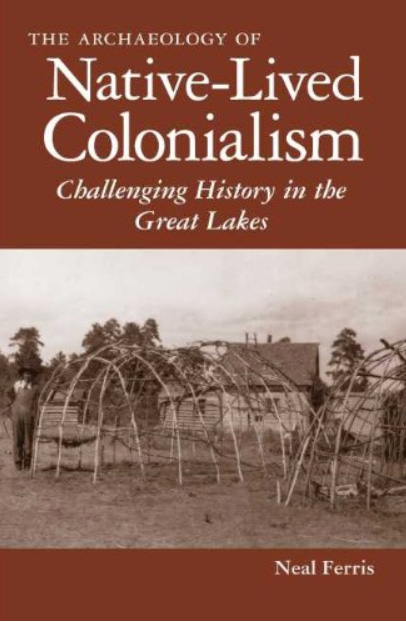Book Review: Tribes maintained sense of community
Neil Ferris weaves a theocratically nuanced tale of culture continuance from the pre-European era to approximately 1850. By utilizing detailed archeological and historical records, blended with recent anthropological discourse, Ferris deftly illustrates what we, as Anishinaanbeg and First Nations, have been arguing for centuries – we’re still here. To be fair, Dr. Ferris does acknowledge that his work is that of an outsider studying the past of the “other”. His aim is to not only contest previous academic work but to provide a blueprint for better examinations of Indigenous pasts through the incorporation of archaeological remains in scholarly studies.
To illustrate his theoretical points, Ferris examines three First Nations who remain in contemporary southern Ontario – the Ojibwa, Delaware, and Iroquois. He nicely shows that the adaptation of European technology and material culture was selectively undertaken and solidly based on long standing Indigenous world views. Simply, European material culture did not initiate a cultural meltdown that led to rapid dependence and cultural destruction. Instead, the Ojibwa, Delaware, and Iroquois are seen as not only selectively incorporating European goods, but maintaining their sense of community, culture, and nationhood. For Ferris, it is the increasing interference via “catastrophic bureaucracy” that held the greatest threat to cultural and national continuance.
Overall this is an excellent study that rests well within academic works, published in the last twenty or so years, that contest the dominant narratives of contact followed by rapid cultural decline. Scholars like Ferris are finally presenting our pasts as complex and multi-directional. In terms of readability, I would recommend skipping to the chapters dealing with the Ojibwa, Delaware, and Iroquois. Failing that there are easier to read books, with better narrative flow, that discuss the same topics raised by Ferris.
Ferris, Neil. The Archaeology of Native-Lived Colonialism: Challenging History in the Great Lakes. Tucson: University of Arizona Press, 2009.


